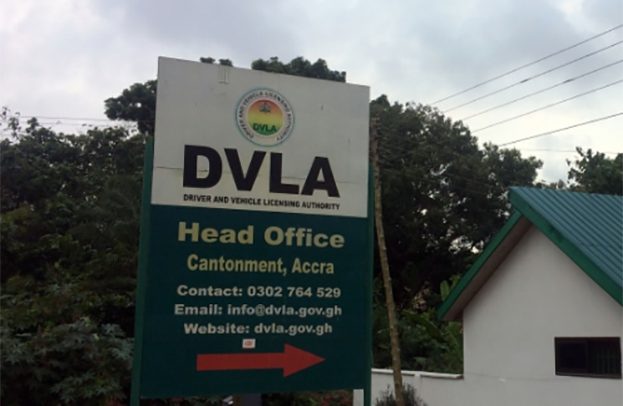The Driver and Vehicle Licensing Authority (DVLA) has announced plans to begin issuing vehicle number plates in the names of individuals starting January 2026.
This new system will link each registered number plate directly to its owner, making the individual fully responsible for all matters associated with the vehicle.
The move forms part of a series of sweeping reforms being undertaken by the DVLA to enhance security, accountability, and safety on the country’s roads.
According to the Authority, the new policy will ensure that each vehicle number belongs exclusively to the registered owner, who must remove the number plate when transferring ownership.
“Once implemented, every vehicle owner is entreated to see their vehicle numbers as their personal numbers, with the added responsibility of protecting them,” the DVLA said in a statement.
The statement further explained that when a vehicle is sold, the previous owner is required to remove the number plate, allowing the new owner to apply for and secure a new registration number.
“This enables the Authority and security agencies within the transport ecosystem to link a unique vehicle number to an individual,” it added.
The announcement follows just over a month after the DVLA unveiled another set of reforms, including the introduction of new number plate designs and enhanced tracking technology.
Under the new design, the year of registration will be phased out from plates beginning January 2026.
The revised plates will instead feature the regional name where the vehicle was registered, the vehicle’s unique identification number, and an area code.
Chief Executive Officer of the DVLA, Julius Neequaye Kotey, also revealed the introduction of Dealer’s Permit (DP) stickers to replace traditional aluminum dealer plates.
He explained that the new DP stickers will improve accountability and allow the Authority to trace vehicles from the ports into the nation’s transport system.
“The new DP sticker allows us to track who is driving the car, when it arrived in Ghana, its destination, and when the sticker expires. Once scanned, the code reveals all these details. It was wrong to have cars in the system without knowing their owners, but now, right from the port, we know who owns the vehicle,” Mr. Kotey explained in an interview on Channel One TV.
By Gibril Abdul Razak


